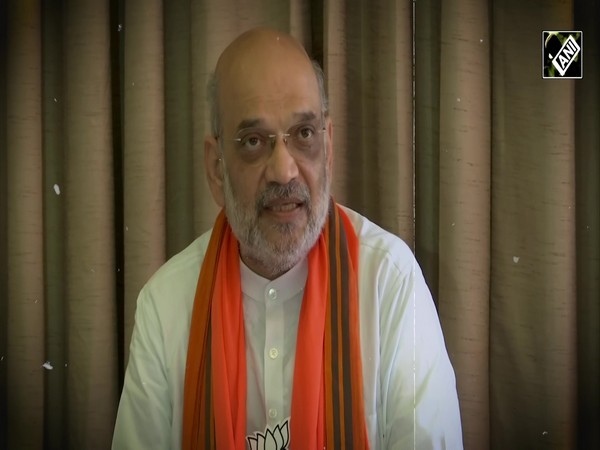China expected to sanction Australian copper, sugar as ties between Beijing, Canberra continue to sour
Nov 02, 2020

Beijing [China], November 2 : In wake of the trade conflicts and souring relations between China and Australia, importers across Beijing are expected to brace for a possible round of sanctions on copper ore and copper concentrate as well as sugar this week.
The General Administration of Customs of China (GACC), on Friday, issued a notice to exporters claiming that it had found a pest in imported log timber from Queensland and has banned all log exports from the Australian state.
The Chinese customs agency further claimed that it had found contamination in barley shipments from Australian grain exporter Emerald Grain as well.
It is further reported that bans on copper ore and copper concentrate, as well as sugar, are expected to be introduced this week, according to multiple trade sources in China.
In September, China suspended barley imports from Australia's largest grain exporter, CBH Group, after also detecting pests in a shipment.
In Shanghai over the weekend, the Chinese customs seized a West Australian rock lobster shipment for laboratory testing. While testing is being undertaken, shipments of live lobsters have been stopped from entering China and remain quarantined in warehouses.
Australia's trade minister, Simon Birmingham, on Monday said that the rock lobster shipments were being checked for "metal content levels" and the Australian government and industry groups were seeking further clarification from Beijing according to South China Morning Post.
"We understand the concerns of the industry in this regard because of course, this type of product is high value, but also has short time frames in terms of safely delivering the product from the Australian oceans to ultimately the marketplace in which they're sold," he said.
"And so, it's crucial that timelines are kept to an absolute minimum when it comes to processing ... it's important today that people don't jump to conclusions about what these delays mean, but enable our seafood industry working together with our diplomats and agricultural representatives to ascertain exactly what the facts are and whether we will be able to resume that trade with confidence [and] that customs processing happens in a timely way," he added, as quoted by South China Morning Post.
"The latest round of trade blocks and bans follows a seven-month conflict that has seen not just Australian barley hit with new duties, but Chinese bans on Australian beef exports, coal and cotton and a new anti-dumping investigation into Australian wine," it reported further.
These bans come after the strengthening of the US, India, Australia and Japan. India, in October, had announced the participation of Australia in the upcoming Malabar exercise alongside the US and Japan. Most recently, China has been increasingly viewed negatively in recent times by most advanced economies with an unfavourable opinion of the Asian country rising most in Australia according to a new survey by Pew Research Center.
"Negative views of China increased most in Australia, where 81 percent now say see the country unfavourably, up 24 percentage points since last year. In the UK, around three-quarters now see the country in a negative light - up 19 points. And, in the U.S., negative views of China have increased nearly 20 percentage points since President Donald Trump took office, rising 13 points since just last year," the survey read.


















